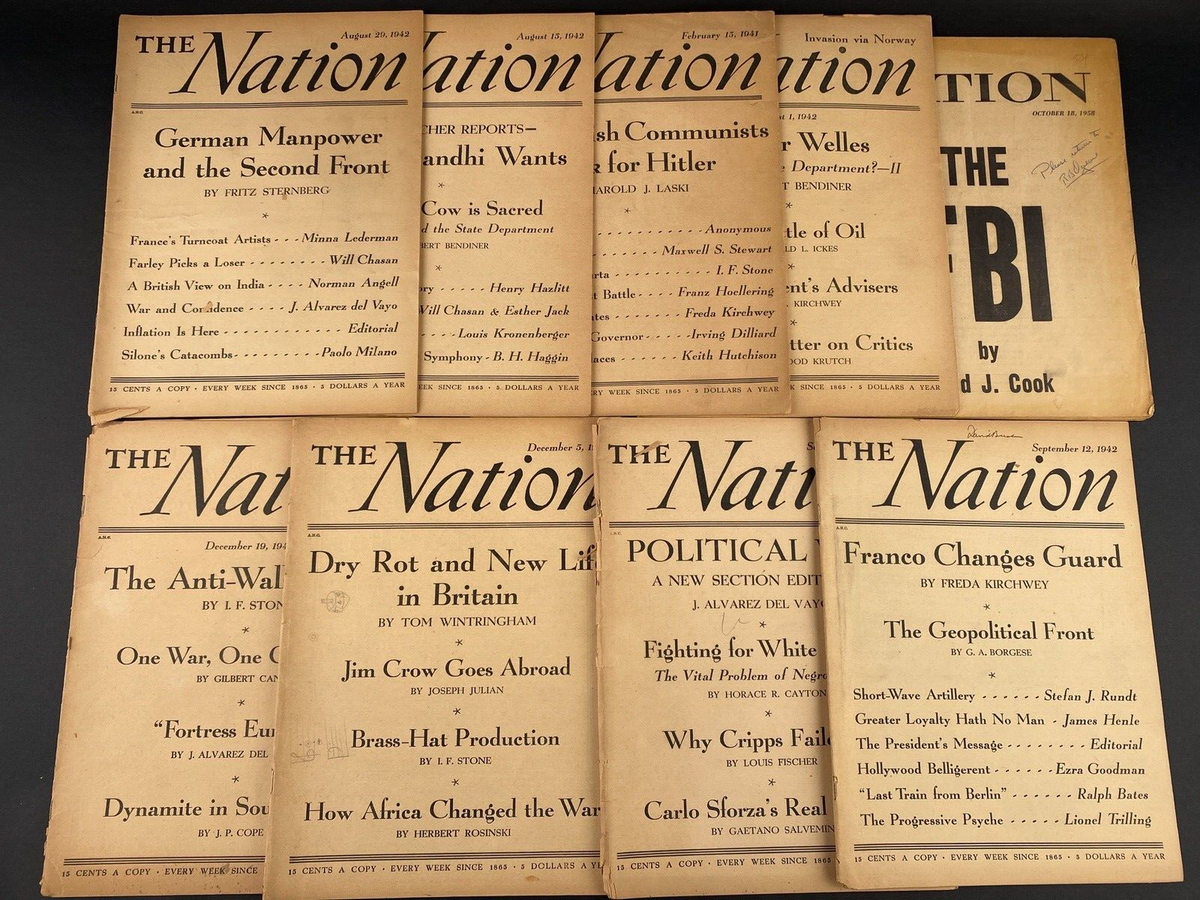A Deal Signed in Blood
An anticipated deal between the U.S., Saudi Arabia, and Israel is set to create a new Middle Eastern order. But as Israel and Gaza return to war, will the security pact do more than entrench the violence of the status quo?

Edited by The Nation
DOHA, QATAR – After speaking at a Georgetown University–Qatar conference at the Four Seasons Hotel, Khalid Fahad al-Khater, a senior Qatari diplomat, didn’t want to comment about the forthcoming diplomatic accord between the United States, Saudi Arabia, and Israel. When I pressed, he said simply that it would be a "game changer." And he preferred to leave it at that.
I understood. Al-Khater didn’t want to say anything that might affect diplomatic maneuvering, influence financial markets, or otherwise blow back on him or Qatar. And outside of what we’ve read and heard, neither of us knew the details of what the tripartite deal holds.
But we were academics, politicians, activists, and journalists gathered against the backdrop of negotiations with the potential to transform—or, perhaps more accurately, reaffirm on explicit terms—the power dynamics of the Middle East. Recognition of Israel by the final major Arab power not to do so, without any pathway to Palestinian independence, and backed by an influx of American weaponry, closes the door on a generation’s worth of challenges to the U.S.-backed Mideast order. Speculation was unavoidable. Everyone I spoke with, whether they thought the deal promising or catastrophic, considered it both historic and inevitable. They struggled to make sense of the new status quo they will inhabit. Then, just days later, nearly 1,200 miles but a world away from a luxury hotel in Doha, Hamas began what might be a game changer of its own.

